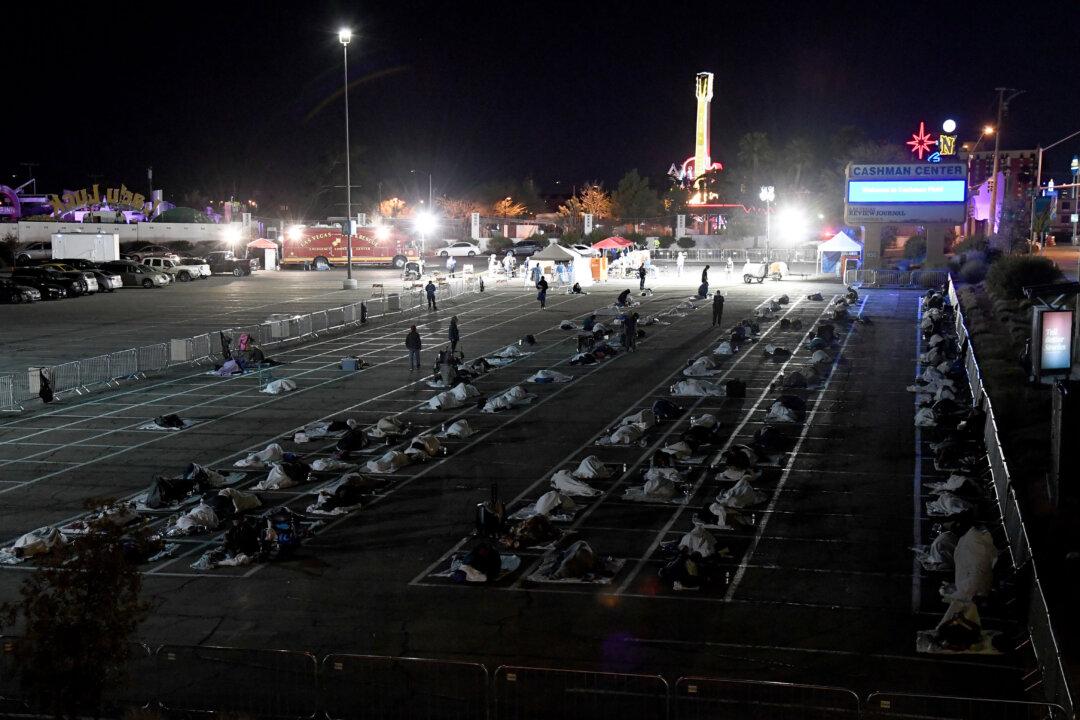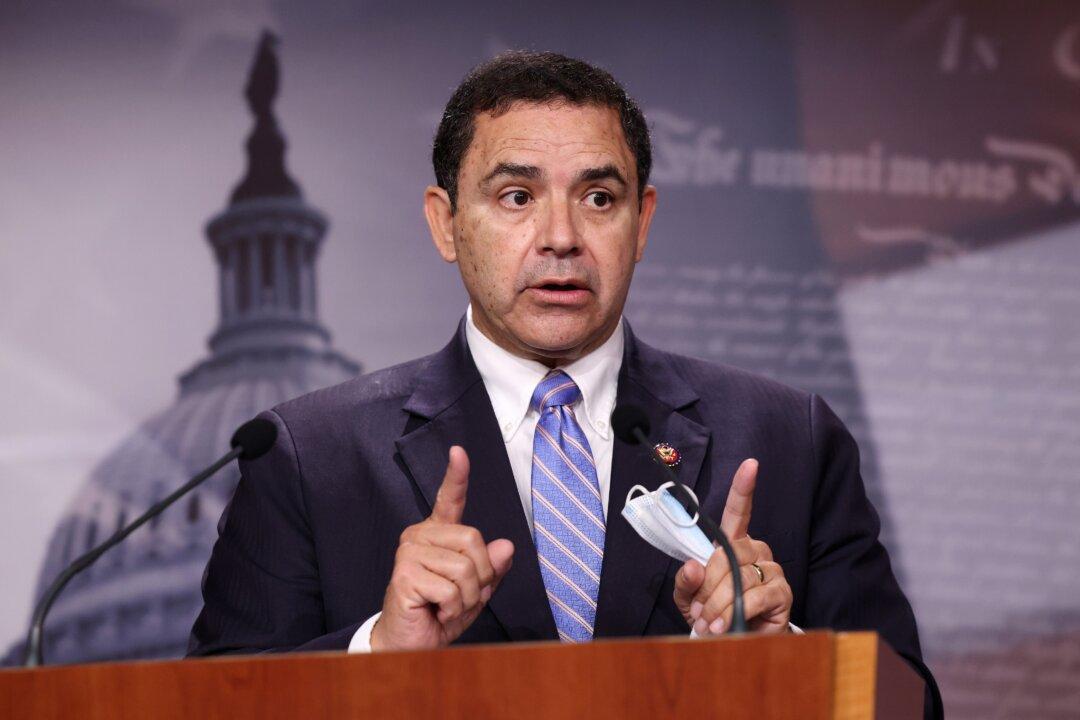Nevada has the least affordable housing in the country, according to an analysis by several organizations based on data from the U.S. Department of Housing and Urban Development (HUD).
HUD describes affordable housing as housing for which the occupant pays no more than 30 percent of gross income for housing costs, including utilities.





